A couple of months ago, the first episode of Life is Strange: Before the Storm, a three-part prequel to the original Life is Strange, came out and I thought the game was off to a great start. However, in awaiting the rest of the episodes, my skepticism has remained intact. Deck Nine was able to pull it off well for the first episode, but would they manage to keep the potential problems with the concept of their story at bay for the remainder of the series? And more importantly than just keeping the problems at bay, will they be able to ultimately overcome them entirely and make all three episodes great? For the most part, I think they continue on the right path in the second episode.
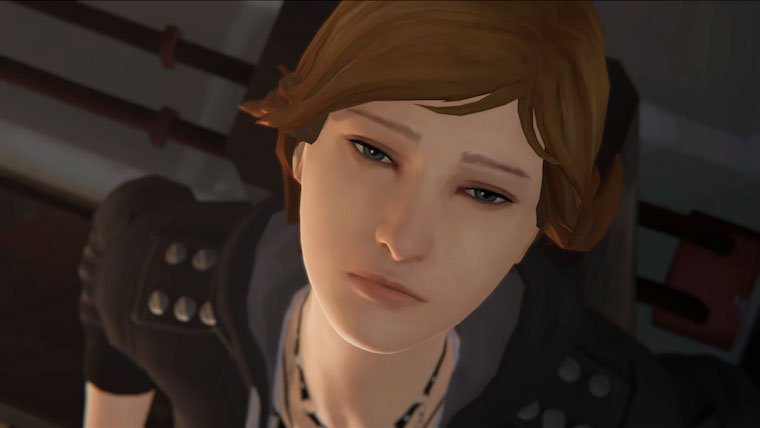
Let’s get some of the negatives out of the way first. This first point is minor, but it made an impression nonetheless. There are times in Life is Strange: Before the Storm where something (or someone) is meant to come off as comedic, but it is sometimes overdone in a way that gives a cartoonish appearance. The most apparent example in this episode is the entire character of Mr. Keaton, the drama teacher. He constantly speaks in Shakespearean inflections and makes everything seem very dramatic. During the play scene, Chloe and Rachel start going off script, to which Mr. Keaton starts fawning over both of them and going on afterwards about how they’re such great stage actors for bringing that kind of emotion into it. The whole thing is a joke since Chloe isn’t actually an actor and it shows; she awkwardly stumbles through her part, struggling to remember her lines and perform them correctly, even if the player selects all the correct options. But Mr. Keaton’s love for theater is so exaggerated, it just doesn’t seem to fit well in the world of Life is Strange. One of the things that I loved (and I imagine lots of fans loved) about the first Life is Strange is how grounded in reality it was (well, except for the fact that the protagonist could rewind time). This game is mostly realistic too, but moments like that with Mr. Keaton, or with the picnickers in the first episode, while they can be funny, do take away from the immersion the game otherwise provides. Sure, comedy exists in reality, but exaggerated comic reliefs tend not to. Not that this or any game has to perfectly resemble reality, but in a game that’s otherwise pretty realistic, this kind of thing just feels out of place.
For the most part, I think [Deck Nine] continue[s] on the right path in the second episode.
Another downside is that sometimes the dialogue can feel unnatural and contrived. This is something that unfortunately occasionally plagues the Life is Strange series, and choice-based, narrative-driven games in general, but that still doesn’t excuse it when it happens. Luckily, it doesn’t happen very often, but when it does, it can be pretty jarring. Here’s an example: At one point in the game, you are given the option to perform Backtalk with Frank (more on the Backtalk feature in this episode later). The whole point is to try to get information out of him that you don’t want him to know you really want and that he really doesn’t want to give you. However, you’re able to get the information out of him by talking about clouds (or at least, that’s one way to get what you want from him). Chloe randomly brings up a dream about clouds she had (which she didn’t really have) at a time in the conversation where it made absolutely no sense to. Yet both she and Frank acted like that was a perfectly natural path for their conversation to follow. Chloe uses it as a means to “prove” that she and Frank are like-minded, so he can tell her his secrets, such as the one she wants to know. And Frank falls for it. He doesn’t tell her much, but he tells her more than someone in his position (a drug dealer who’s in the business of client confidentiality) should be telling. Why would Frank fall for something like this? He’s a smart guy. He should have been able to figure out that there was no reason for Chloe to have brought up clouds at that point in the conversation and no reason why she would have been able to know about Frank’s interest in clouds other than looking at the search history on his computer, which was right in the open, allowing Chloe to look at it. His response should have been something along the lines of, “How cool of you to look at my search history,” and then Chloe would have to find a different, more reasonable way of getting Frank to spill the beans (pun intended). On a side note, Chloe can check multiple people’s search histories in this episode and it is always hilarious and great because of how real the characters’ searches are. I would love for Deck Nine to add as many search histories into Episode Three as they can. But I digress. For a game that’s usually so good about dialogue, it makes it seem that much worse when characters go on conversation tangents that no one realistically would in real life, only to have all the characters involved in the conversation act like those tangents are perfectly natural.
Probably my biggest problem with this episode, however, is that, for a choice-based game, there are a lot of things you don’t really have a choice about. Some of these things are minor; for example, when Chloe is cleaning out her locker, she makes a point to get her weed out of there to take with her. But I, as the player, didn’t particularly want her to have weed on her. I guess leaving it in the locker could have had its own consequences, but I knew that bringing weed home would probably lead to trouble, so it’s not something I wanted her to do. But I didn’t have a choice in the matter. The story would not progress until I retrieved the weed. Luckily, the weed turned out to be missing, but the point stands. There are going to be times when Chloe as a character wants one thing and I as the player want something else. This became even more problematic later on. Shortly after clearing out the locker, Chloe had an interaction with David. David’s not the easiest guy in the world to get along with, and I don’t always agree with his methods, but at least he’s trying to have something resembling a good relationship with Chloe. And Chloe was having none of it. I tried to get along with him whenever the game gave me the option to, even going as far as to agree to “reset” their relationship, but no matter what I chose, Chloe still ends up cursing at, insulting and generally disrespecting David. I did all I could as the player to try to get Chloe to get along with David, but the game simply wouldn’t let me. I understand why this plays out the way it does; Chloe has a bad relationship with David in the first Life is Strange, so it wouldn’t make sense for them to get along in the prequel. It’s still frustrating, however, to play a game based on choices, only to not have your choices respected.
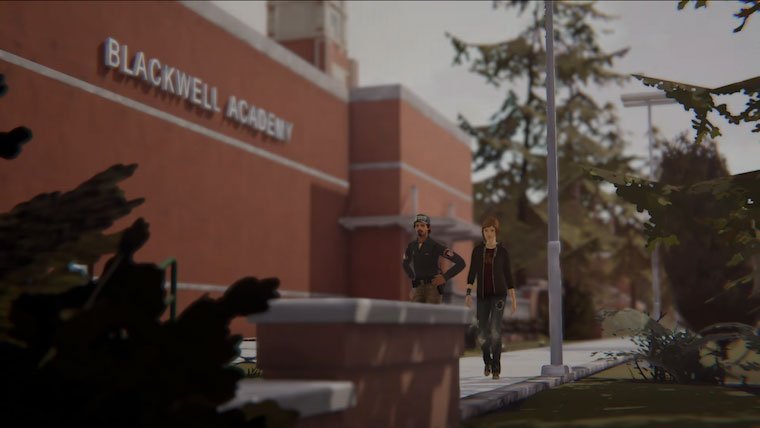
When the game does give the player real choices, they nail it.
But it gets even worse from there. Usually, I’m trying to make choices that I think would be best for Chloe. She’s the character I’m playing as, after all. And it just so happens that what I think would be best for Chloe involves getting along with her future step-father and not partaking of drugs and alcohol. However, when making choices, I also take into consideration how they will affect other people. This is something Chloe is not particularly concerned with, and this is also frustrating. With Chloe’s erratic behavior, everyone is just waiting for her to severely negatively impact someone other than herself, and in this episode it finally happened. At one point, in order to break into a dorm room, I had to use the Backtalk feature on Skip the security guard. As far as I could tell, this couldn’t be avoided (to be fair, I didn’t try the option of throwing Samuel under the bus since, as I stated before, I try to think of how my choices will affect other people before making them). And it sucks because Skip has consistently been one of the most likable characters in Life is Strange: Before the Storm, and now here we are wearing him down with our angsty teenagery in the hopes that he’ll eventually give in and let us do something that could get him in huge trouble. By the end of this interaction, Skip decided that he had had enough with being disrespected by teenagers and decided to quit his job and burn his bridges along the way. Poor guy. I didn’t want this for him. Chloe didn’t seem to mind all that much, though. And that bothers me. As I stated in my review of the first episode, one of my favorite things about the first Life is Strange is how relatable Max is. I loved playing as her because I could see myself in her in a lot of ways and I often had the choice to have Max make the choices that I would make, which resulting in her character being shaped into one that I could relate even more to. Chloe, on the other hand, can be hard to relate to, especially for someone like me who never went through a rebellious phase. Chloe was needlessly rebellious in the first episode as well, but there were also various aspects that made the player at least understand where she’s coming from, even if they don’t agree with how she goes about everything. But the extent to which Chloe was relatable in the first episode doesn’t excuse the actions she performs here, where she cranks the teenage delinquency dial up to eleven (she literal breaks into a school she just got expelled from to steal money for a drug dealer). And now her actions are affecting people other than herself (well, they always have) and she doesn’t seem to care that much. And her actions are even more upsetting now that in this game I’m (supposedly) in charge of controlling her every move.
I am happy to report, however, that when the game does give the player real choices, they nail it. One choice in particular was one of the hardest to make in the entire Life is Strange series, at least for me. This was the choice about whether to give the drug money to Damon, the head drug dealer, or not. This may seem like an odd one to some people, but I think this is one of the best set-ups for an in-game decision that I’ve seen simply because there were so many moving parts connected to this decision. The last decision in the original Life is Strange, while emotionally devastating, wasn’t one that I had to think a whole lot about, and it seems that it wasn’t for many fans; by that point, you knew where your priorities were, so while it sucks to have to actually make the choice, I think most people probably knew what choice they were going to make by the time it was presented to them. So in that sense, it wasn’t a “hard” choice to make, so to speak. This choice, however, had me staring at the TV, thinking about all the various repercussions that each decision would have, for a while. If I gave Damon the money, it meant Drew and Mikey wouldn’t have it for their dad. Additionally, they would both know that I work for drug dealers (sort of; it was kind of a freelance thing), which could lead to trouble. Also, giving the money to Damon right then instead of Frank later meant I probably wouldn’t be getting a cut of it like Frank promised, which I would need to skip town with Rachel (not the most responsible thing to do, but the story seemed to be inevitably heading in that direction, so I might as well make it as easy to accomplish as I can, right?). But giving Damon the money would make him stop beating the crap out of Drew. Also, it probably wouldn’t hurt to be on Damon’s good side. Drew would probably be pretty pissed at me for giving away the money he was saving for his homeless dad, though. But if I didn’t give the money to Damon, I would probably give it to Frank (I didn’t know giving the money back to Drew would become an option), so he’d be angry at me anyway. If I didn’t give Damon the money, he’d continue beating Drew to who knows what extent. If I’m taking the money anyway, I might as well give it to Damon so Drew doesn’t get beaten for nothing, and gets beaten less than if I don’t give Damon the money. You get the idea. It was a choice that took a lot of thinking about because of all the potential consequences and those types of decisions are really cool to see.
This episode was also pretty good about making me want to use the Backtalk feature. One of my issues with this mechanic from the first episode was that, while it could be fun, I hardly wanted to use it because I usually wanted to settle my problems without going off on a teenage rant. There were times in this episode, however, where I was happy to use Backtalk. I got to stand up for Rachel in the principal’s office and prevent her from getting kicked out of the play she had been working so hard on. I was able to get some information from Frank about the woman Rachel’s dad has been having an affair with. In short, there were times where using Backtalk wasn’t just a way for Chloe to be a rebellious teenager, but rather it could be used to achieve some noble goals. The main problem with Backtalk, however, is that it is probably the epitome of contrived dialogue in this game. On one hand, that’s kind of the point, since contrived, nonsensical arguments are the hallmark of teenage backtalk in real life, so why not reflect that in a game about being a rebellious teenager? However, in cases where Chloe isn’t trying to simply wear down whoever she’s talking to, it doesn’t make a whole lot of sense for Backtalk to work the way it does. In the case of taking the blame for Rachel, Backtalk makes sense to use on Principal Wells since Chloe’s just trying to convince him that she’s the teenage delinquent he already thinks she is. But in the case of trying to get information about a client from Frank, using his own words against him in an attempt to wear him down doesn’t make a ton of sense and results in the contrived cloud conversation I mentioned earlier.
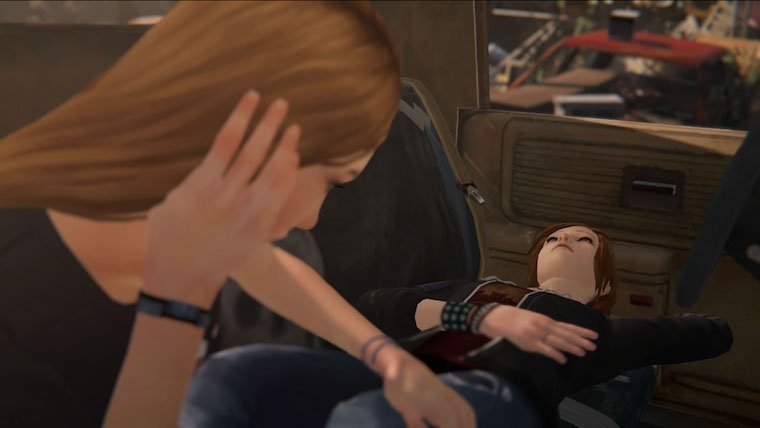
Something that was done well in the first episode that I think continues to be done well here is the entire character of Rachel Amber, whose psyche I find fascinating, which is good since her friendship with Chloe is kind of the main part of Life is Strange: Before the Storm. In my review of the first episode, I discussed how I think Chloe and Rachel’s friendship isn’t a “true” friendship, per se, but rather one of perceived necessity. They’re both going through tough times and think they need someone like who they think the other one is. There is a scene in this episode where the two of them roleplay as therapist and patient to each other and I think that notion pretty much sums up their relationship. They’re not friends because they have similar interests or hobbies or have particularly compatible personalities; they both just need someone to talk to about all their problems who they think won’t judge or argue with them because they know the other one is just as messed up as they are. Would they still be friends if Chloe’s dad didn’t die and Rachel’s dad wasn’t having an affair? I doubt it. I mean, maybe they’d get along, but I don’t see them having the kind of close relationship we see here in Life is Strange: Before the Storm if they both didn’t think they needed someone like the other for their own personal reasons.
It is also becoming more and more apparent that Rachel is kind of delusional. One could argue that she’s simply idealistic about a life outside Arcadia Bay as well as desperate to run away from her problems, but her ideas often don’t seem particularly constrained by reality. She wants to just run away and not look back. But how does she logistically expect to do this? There’s a scene towards the end of the episode where you get to ask about the logistics of her plan and she doesn’t have any great answers, but she certainly thinks she’s got it all figured out. How will she and Chloe afford to live on their own on the road? She’s been saving up birthday money. Great. What about transportation? She somehow just knows that Chloe will be able to fix a rundown car she found in a junkyard, so she’s not concerned with that. Like, really. She’s so fixated on running away that she refuses to accept that things might not work out. Even if Chloe can resurrect a broken down car, how long does she think it will last? More importantly, how long does she think her birthday money will last? If they’re planning on living on the road, I assume that means neither of them are planning to get jobs. Well, if they want to live on their own for more than a week, they’re gonna need a better plan than just a resurrected car and birthday money. But Rachel refuses to see this. Even Chloe had reservations (though she eventually came around), but Rachel doesn’t have a doubt in her mind that their plan to run away will go off without a hitch.
Episode Two ends on a twist that I don’t think anyone was expecting and it will certainly be interesting to see how it plays out in the final episode.
Just as I think the therapy roleplay scene was kind of a metaphor for Chloe and Rachel’s relationship, I think the play scene does a similar thing. When Chloe and Rachel go off script, it’s because they’re discussing their plans to run away together, though in Shakespearean speech so they can make it seem like it’s still just part of the play. But I think it perfectly imitates what’s going on in Rachel’s mind. Just as she uses the fictional worlds of plays to escape reality, she’s attempting to escape reality in the fantasy of running away with some punk girl she just met. Which, again, fuels the theory that she’s delusional about the whole thing. We all have fantasies about being able to escape from the parts of our lives we don’t like, but it’s another thing to actually act on those fantasies without any kind of a real plan. I’m usually not one for metaphors, but I appreciate the irony in the fact that Rachel refuses to accept the ridiculousness of her fantasy even though she literally planned for it during a play, as well as the irony that Chloe and Rachel think they’re truly good friends who get along on a spiritual level even though they literally pretended to be therapists for each other. I might just be misinterpreting all of this, but if I’m right, then it’s clever and subtle but not too clever that it gets caught up in itself and not too subtle that you miss it.
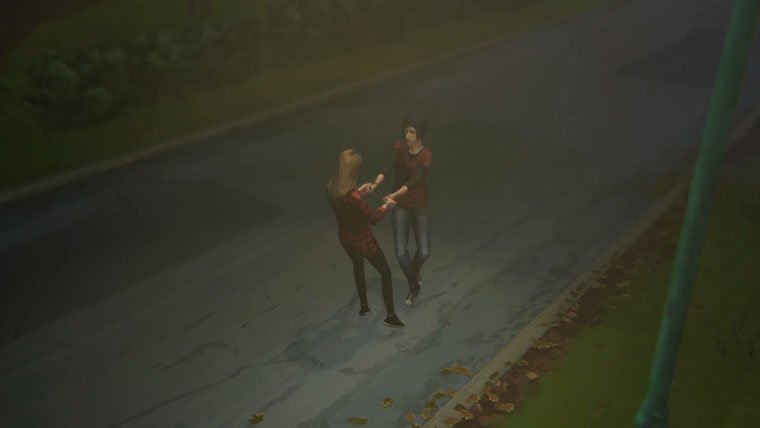
The Verdict
While a few problems are certainly present, Life is Strange: Before the Storm is still on the right track. The characters and plot points remain interesting and the choices, when real choices, are very well thought out. Is it as good as the original Life is Strange? That remains to be seen. However, Episode Two ends on a twist that I don’t think anyone was expecting and it will certainly be interesting to see how it plays out in the final episode, which I can’t wait for.


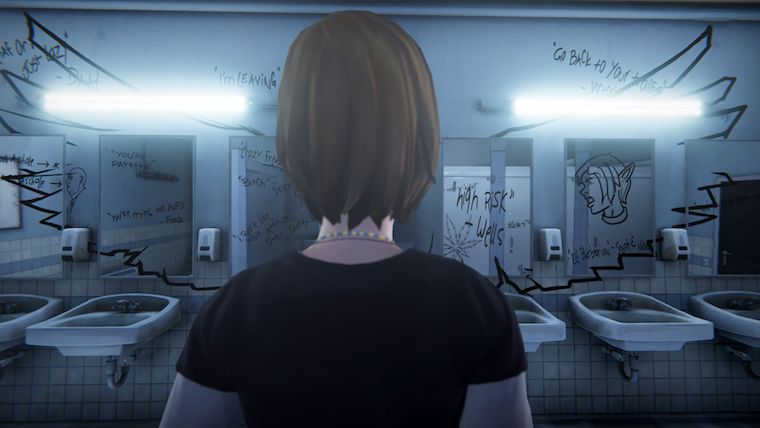
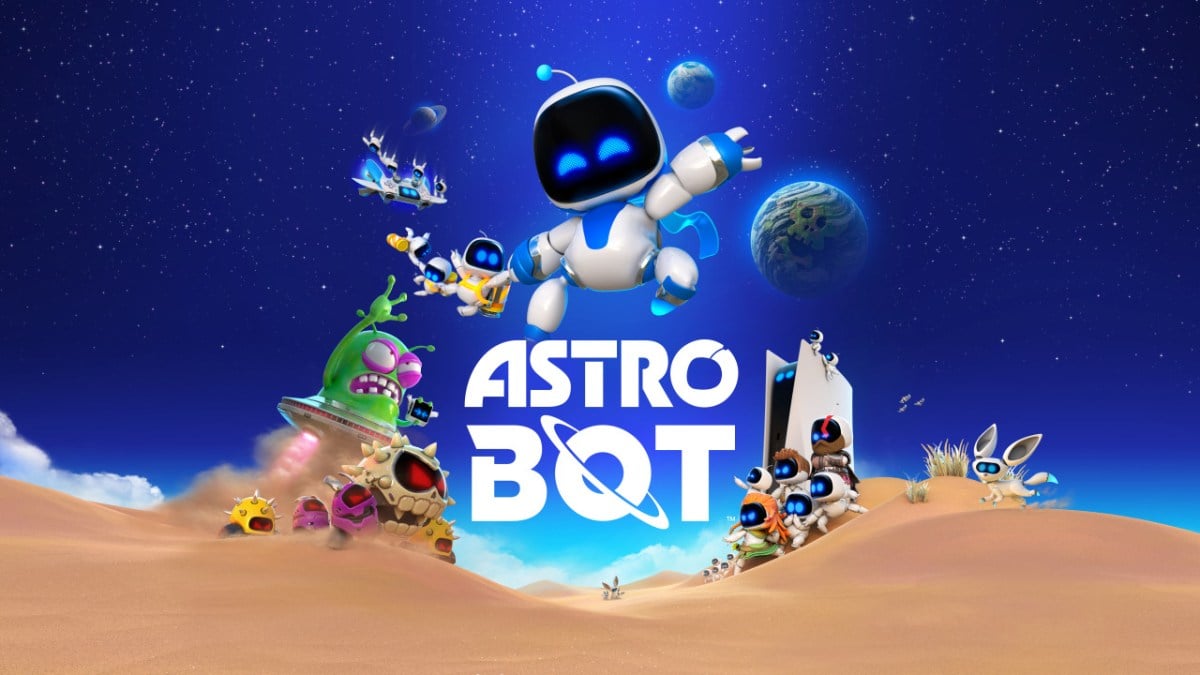
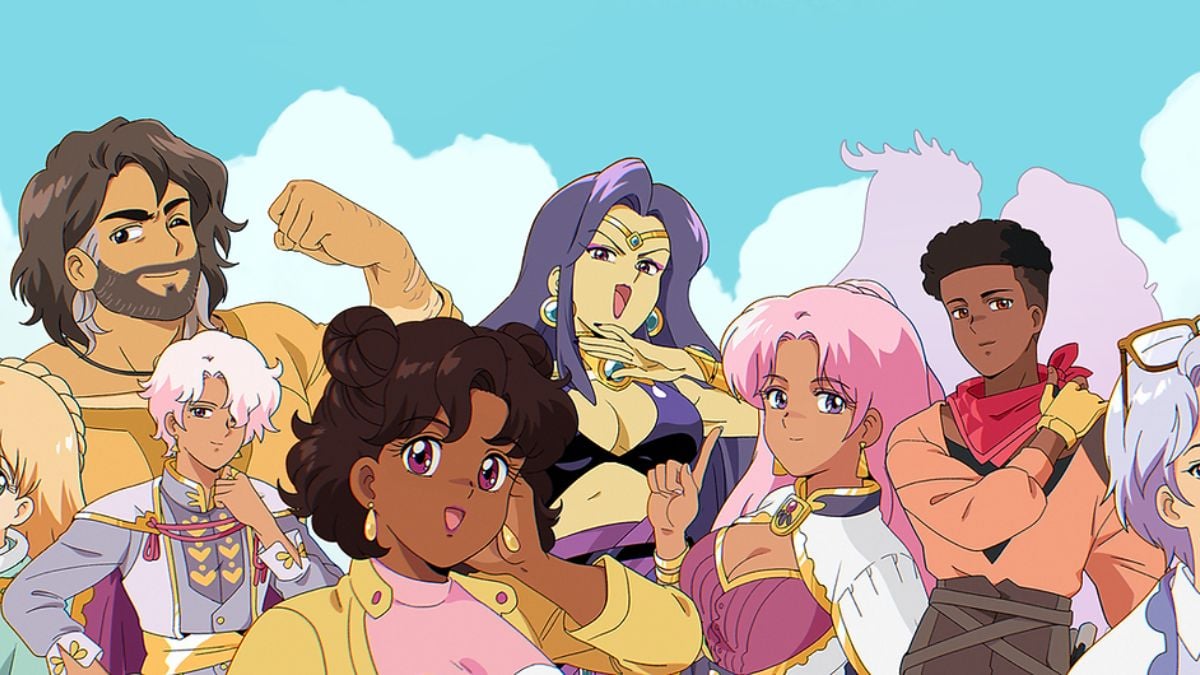
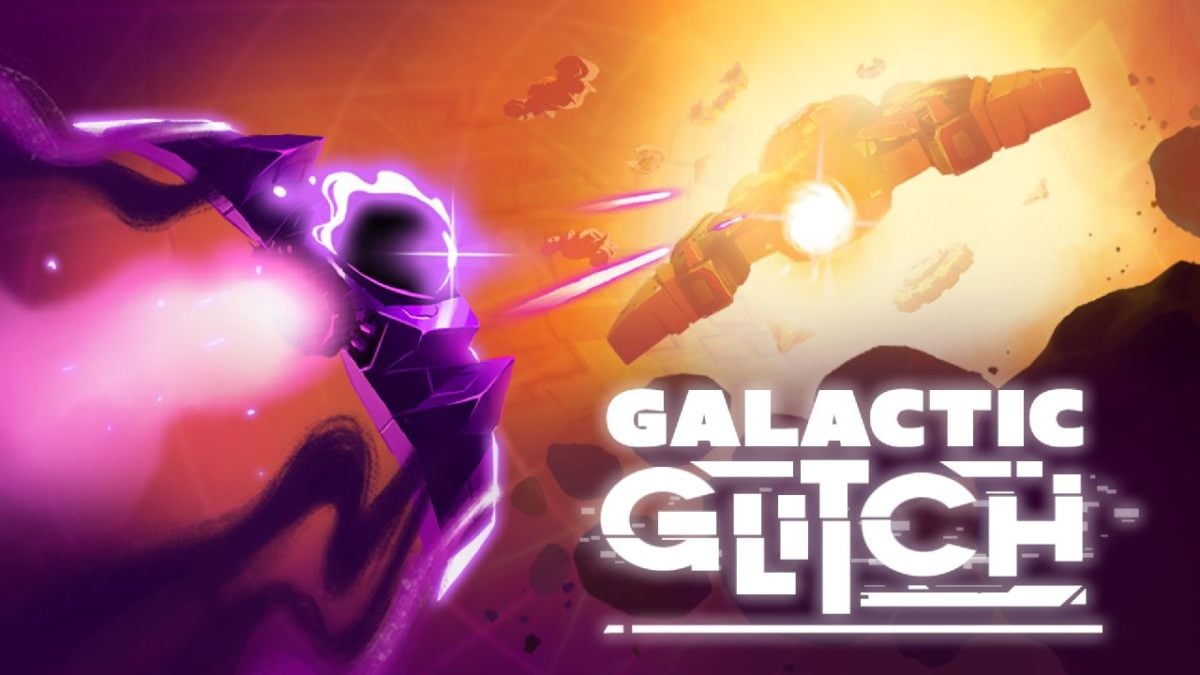
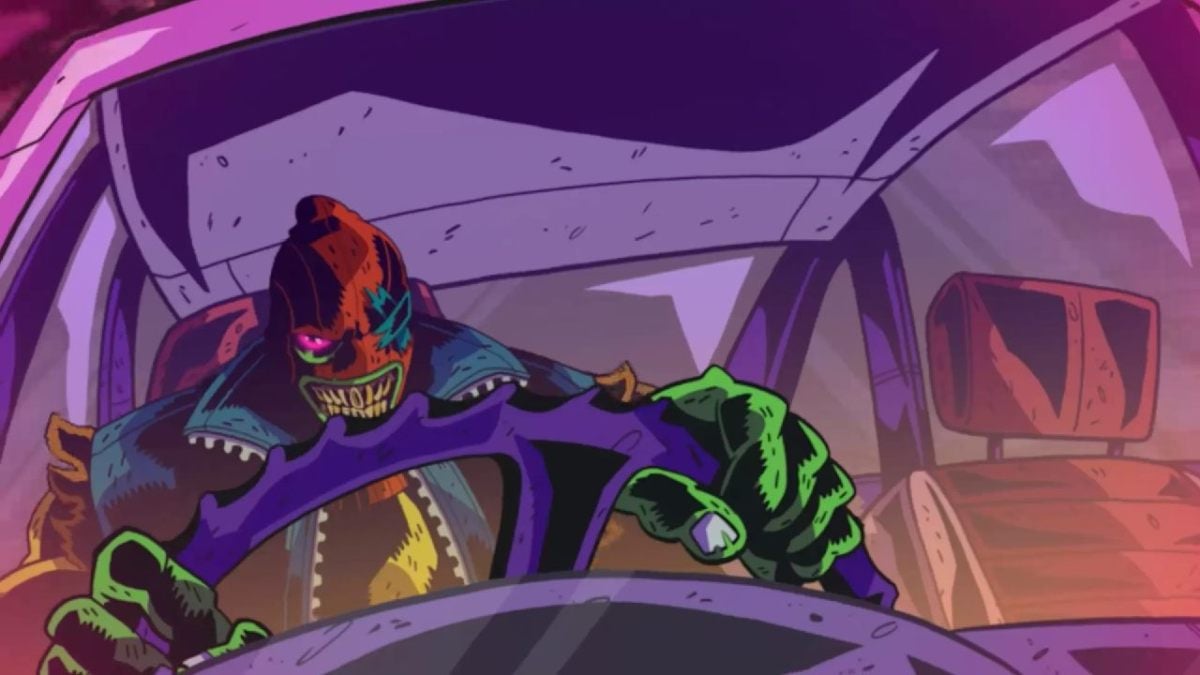
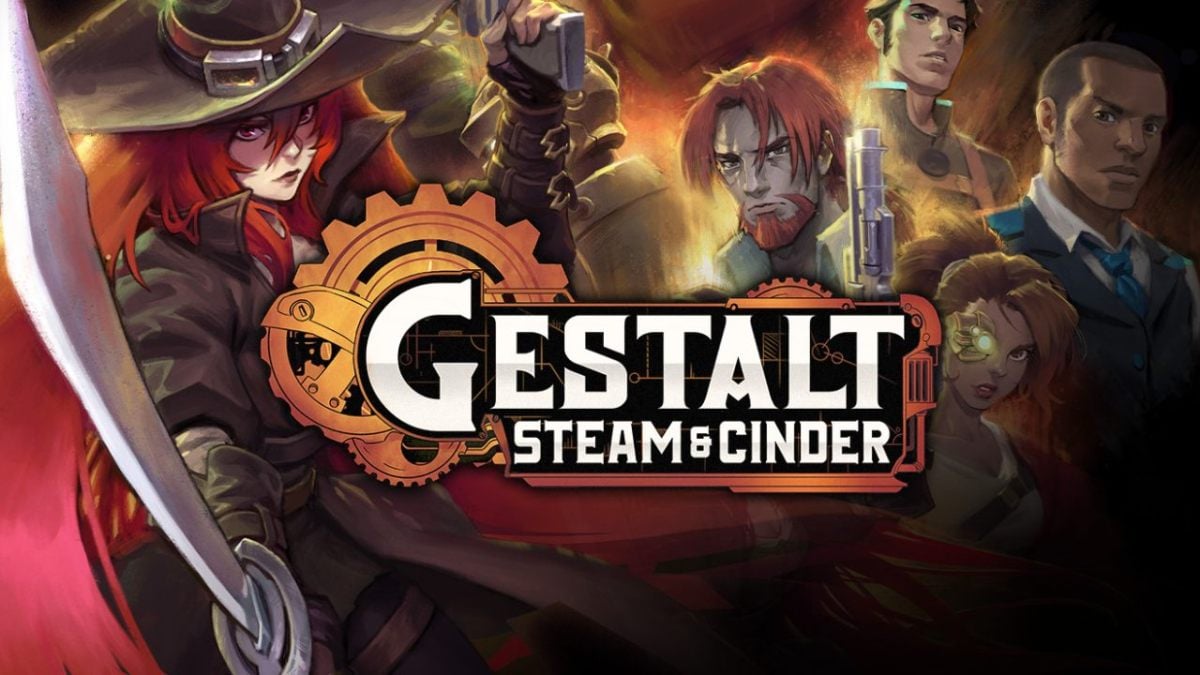
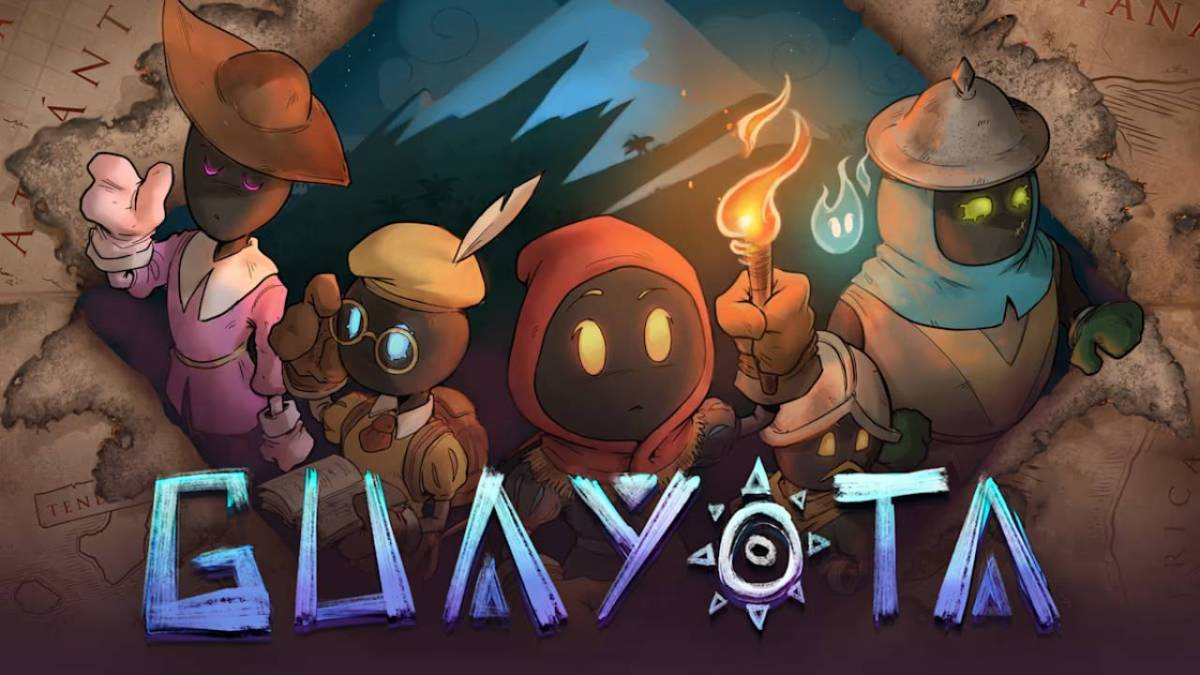
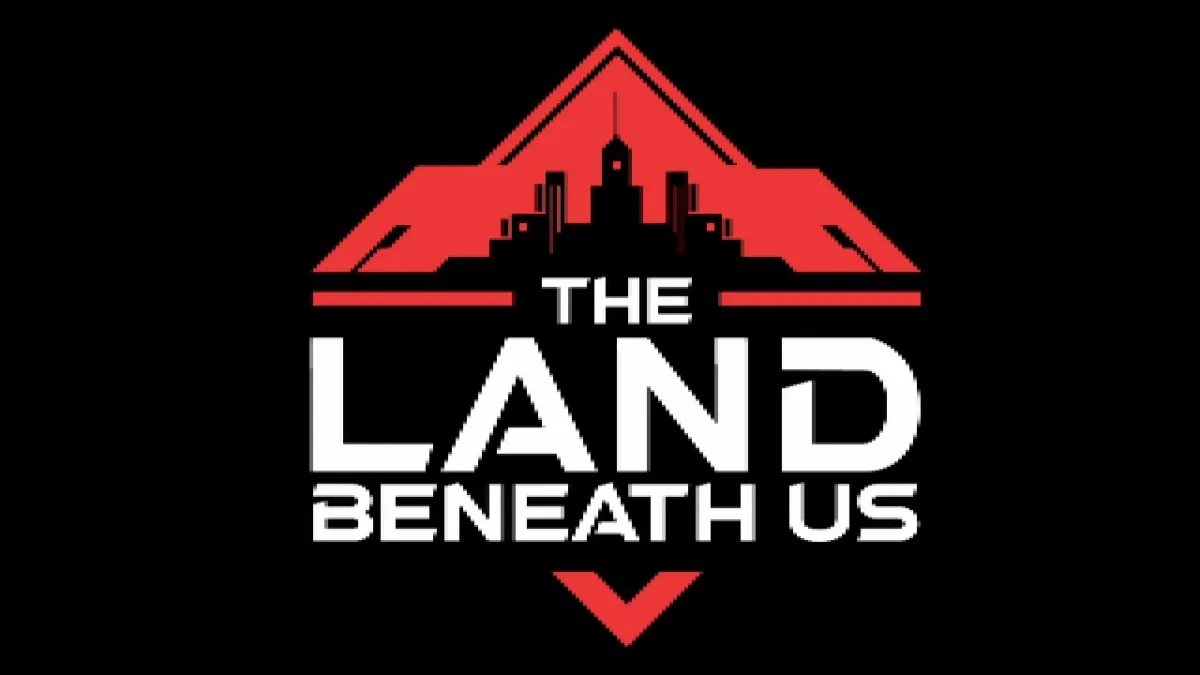
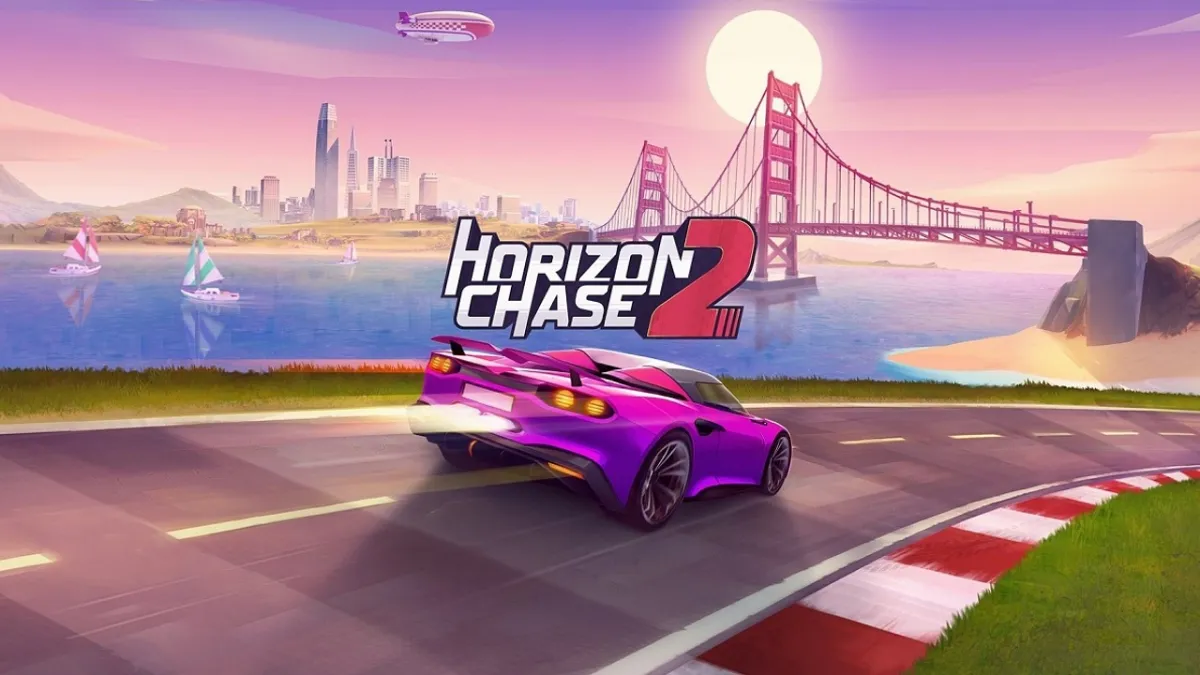
Published: Oct 21, 2017 05:26 am